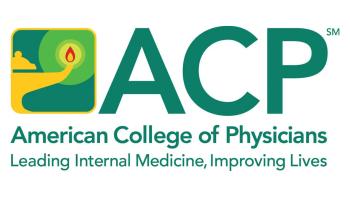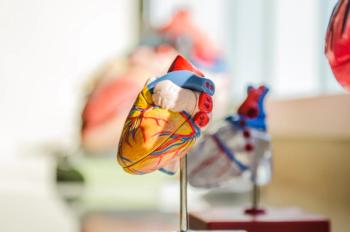
Study Suggests C Diff Infections May Drive Colorectal Cancer
A recent animal study adds urgency to the fight against Clostridioides difficile infection, finding that the bacterium may be driving some colorectal cancers, which have risen among people younger than 50.
Clostridioides difficile infection may drive some colorectal cancers (CRC), according to a study by investigators at Johns Hopkins Kimmel Cancer Center and Bloomberg-Kimmel Institute for Cancer Immunotherapy.
The study, published in
“At a very high level, the biggest takeaway for me is that there are still additional bacteria out there that may be protumorigenic that we simply haven’t uncovered yet,” Julia Drewes, PhD, of the Division of Infectious Diseases, Department of Medicine, Johns Hopkins University School of Medicine told Contagion. “Culturing is undergoing a sort of renaissance at the moment, with a number of groups culturing much larger consortiums than ever before (culturomics) from patient samples. Putting these consortiums into germ-free mice and looking for phenotypic differences is becoming a really powerful tool in microbiome research. This is the first time that people have really been able to start testing the effect of communities of microbes on CRC development and microbe-microbe interactions on a much larger scale as well.”
The investigators further examined how exposure to C diff affected cells. They determined that the toxin TcdB produced by C diff affected Wnt signaling, reactive oxygen species, and protumorigenic mucosal immune responses marked by infiltration of activated myeloid cells and IL17-producing lymphoid and innate lymphoid cell subsets.
While bacteria such as Bacteroides fragilis, Fusobacterium nucleatum and Escherichia coli have previously been associated with colorectal cancer, this study added new insight by linking chronic C diff to the formation of tumors in samples where B fragilis, F nucleatum and E coli were absent or didn’t fully colonize the mice.
“Our discovery of C difficile as a protumorigenic organism was a complete surprise,” Drewes said. “This was not an organism that had popped up in large-scale meta-analysis of CRC patients compared to control samples. But we think there are a number of potential reasons for this—C difficile is often present at very low detection levels (<1% relative abundance in the gut microbiome), even in many symptomatic patients with diarrhea. So it’s possible that prior sequencing studies have not sequenced deep enough to detect an association. Additionally, approximately 10-15% of strains circulating may be defective strains without a functional pathogenicity locus, which carries the toxin TcdB that we found to be essential for tumorigenesis in our model. So really we need to be looking at detection of TcdB in these cohorts, not just detection of C difficile at the 16S rRNA level.
“Overall, in retrospect, it’s surprising that people had NOT previously tested C difficile, given its similarities with another putative protumorigenic organism, enterotoxigenic B fragilis. This is a great example of a serendipitous finding leading to a potentially new area of cancer research, all thanks to support for basic science research.”
The research could help inform clinical practice such as screening for C diff as a risk factor for cancer and boost efforts to resolve the infection quickly.
“It is too early to say that C difficile definitively contributes to CRC in patients— this research will likely take years to demonstrate,” Drewes said. “However, given the well-established links between chronic inflammation and numerous types of cancers, it is quite plausible that C difficile—in particular chronic colonization or recurrent infections—is a driver of CRC in some patients.
“Thankfully there are already many groups studying ways to better treat and clear these C difficile infections. Encouraging clinicians to be proactive in thinking about and documenting the potential for C difficile to be involved in cancer diagnoses 5-10 years later will help expedite this effort. This is particularly true for patients who are at an increased risk of C difficile infections, such as patients with IBD. Interestingly, these patients also have an increased risk of CRC compared to the general population, but a direct link between C difficile and CRC has not been looked at even in these patients.”
Dewars said investigators will continue their work, including efforts to determine the mechanism of TcdB in the formation of malignant properties in cells and examination of long-term mucosal colonization of C difficile in patients.
Newsletter
Stay ahead of emerging infectious disease threats with expert insights and breaking research. Subscribe now to get updates delivered straight to your inbox.

































































































































